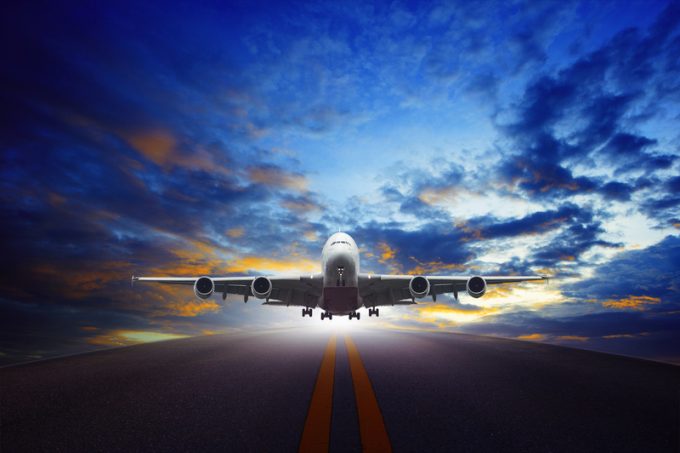It's a struggle for 'digital' forwarders, with 'poster boy' Flexport losing value
The proposed sale of ‘digital’ forwarder Forto, as well as EV Cargo, which also considers ...

There appears to be no end in sight for soaring air freight prices.
Forwarders are reporting more than $500,000 for an Asia-Europe A330 charter, and more than $21 per kg for some urgent shipments on transatlantic routes.
And there are fears, with the next Chinese holiday due, from 1-5 May, that prices might go even higher in the last week of April.
“Spot rates are more than $10/kg on the Far East westbound, and close to $14/kg if you’re looking for capacity to ...
Amazon pushes into LTL for small package fulfilment and UPS does a u-turn
New senior management for DSV as it readies for DB Schenker takeover
Volumes set to 'fall off a cliff' as US firms hit the brakes on sourcing and bookings
Asian exporters scramble for ships and boxes to beat 90-day tariff pause
Temporary tariff relief brings on early transpacific peak season
'Tariff madness' will prompt renegotiation of ocean shipping contracts
Forwarders 'allowing the fox into the chicken run' by supporting 'hungry' carriers
Response to tariffs by Chinese importers may see extra costs for US shippers

Comment on this article